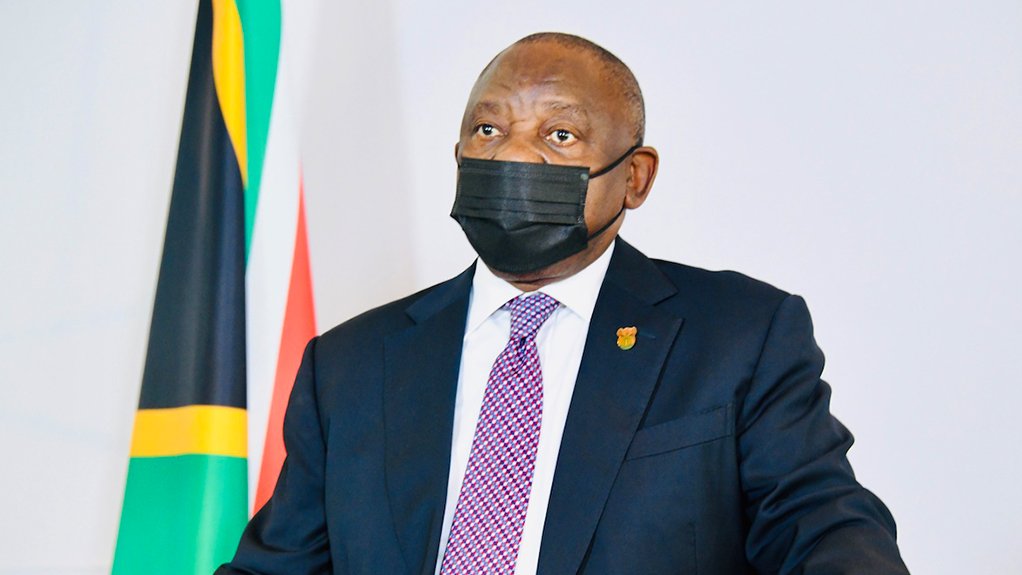As part of the country’s efforts to ensure the full and equal participation of women in the economy, President Cyril Ramaphosa announced on Monday that the country will hold its first-ever Women’s Economic Assembly later this week.
The Economic Assembly will convene in Gauteng and will consider how supply chains can be used to benefit women-owned businesses and address policy impediments to women’s economic empowerment.
The Assembly will also improve access to financing for women-owned businesses, especially rural enterprises.
Ramaphosa said the country has made progress in promoting equality for women in areas like government, civil society, the administration of justice, sport and culture, adding that unfortunately, the same progress in the economy has not be achieved.
“There are more men in employment than women. Men are more likely than women to be in paid employment, and women are more likely to be doing unpaid work. The most recent employment numbers show the unemployment rate of black African women is the highest at 41%, more than 4% higher than the national average,” he said.
The assembly will bring together delegates from government, civil society and the private sector to develop a common plan of action for advancing women’s economic empowerment.
Last year, government announced that at least 40% of public sector procurement will go to women-owned businesses.
Ramaphosa said as the country works towards this target, it calls on the private sector to make a similar commitment.
“Over the past year, government has been erecting the scaffolding for women’s participation in procurement, establishing an institutional framework for operationalisation, holding capacity building and training workshops for women-owned businesses, and linking up women-owned businesses with public sector opportunities,” he said.
Although some departments have increased their procurement spend on women-owned businesses, effective monitoring is needed to ensure this translates to tangible growth and sustainability, Ramaphosa added.
“For us to realise our ambitious goals, business needs to be on board. The financial services sector must work to broaden access to credit and digital financial services like e-commerce and online banking. Lack of financing impedes the expansion and sustainability of many women-owned businesses, especially SMMEs,” he said.
EMAIL THIS ARTICLE SAVE THIS ARTICLE ARTICLE ENQUIRY
To subscribe email subscriptions@creamermedia.co.za or click here
To advertise email advertising@creamermedia.co.za or click here











